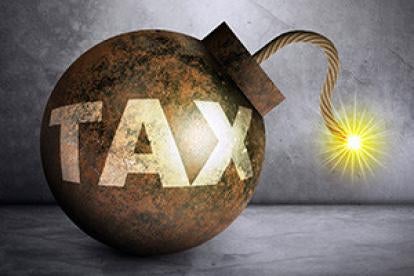On July 6, 2017, the Illinois legislature finally approved a state budget and enacted Public Act 100-0022. As expected, there are several changes to the Illinois income tax that will affect individual and corporate taxpayers in a variety of ways.
To help you navigate this new legislation, we have summarized the key changes below.
Personal Income Tax Increase
Effective July 1, 2017, the income tax rate will increase from 3.75% to 4.95% for all individuals, estates and trusts.
Standard Exemption Allowance
As of January 1, 2017, a taxpayer may not claim the standard exemption if his or her adjusted gross income for that tax year exceeds $500,000 if filing jointly, or $250,000 if filing as a single taxpayer.
Illinois Property Tax Credit
Generally, a taxpayer has been entitled to a 5% tax credit on the real property tax paid during a tax year on the principal residence of the taxpayer. However, as of the tax year starting January 1, 2017, a taxpayer cannot claim this credit if his or her adjusted gross income is greater than $500,000 if filing jointly, or $250,000 if filing as a single taxpayer.
Corporate Income Tax Increase
Effective July 1, 2017, a corporation’s income tax rate will increase from 5.25% to 7%. Please note that S Corporations are excluded from this increase.
Domestic Production Activities Deduction
For tax years ending on or after December 31, 2017, any Domestic Production Activities Deduction allowed under federal income tax rules will be added back to the taxpayer’s adjusted gross income for Illinois income tax purposes.
Research and Development Credit
Taxpayers were previously allowed a tax credit for increasing research activities in Illinois. This credit has been reinstated and a retroactive credit is available for 2016.
Withholding
Employers should immediately adjust withholding rates as a result of increases to the personal income tax.




 />i
/>i

